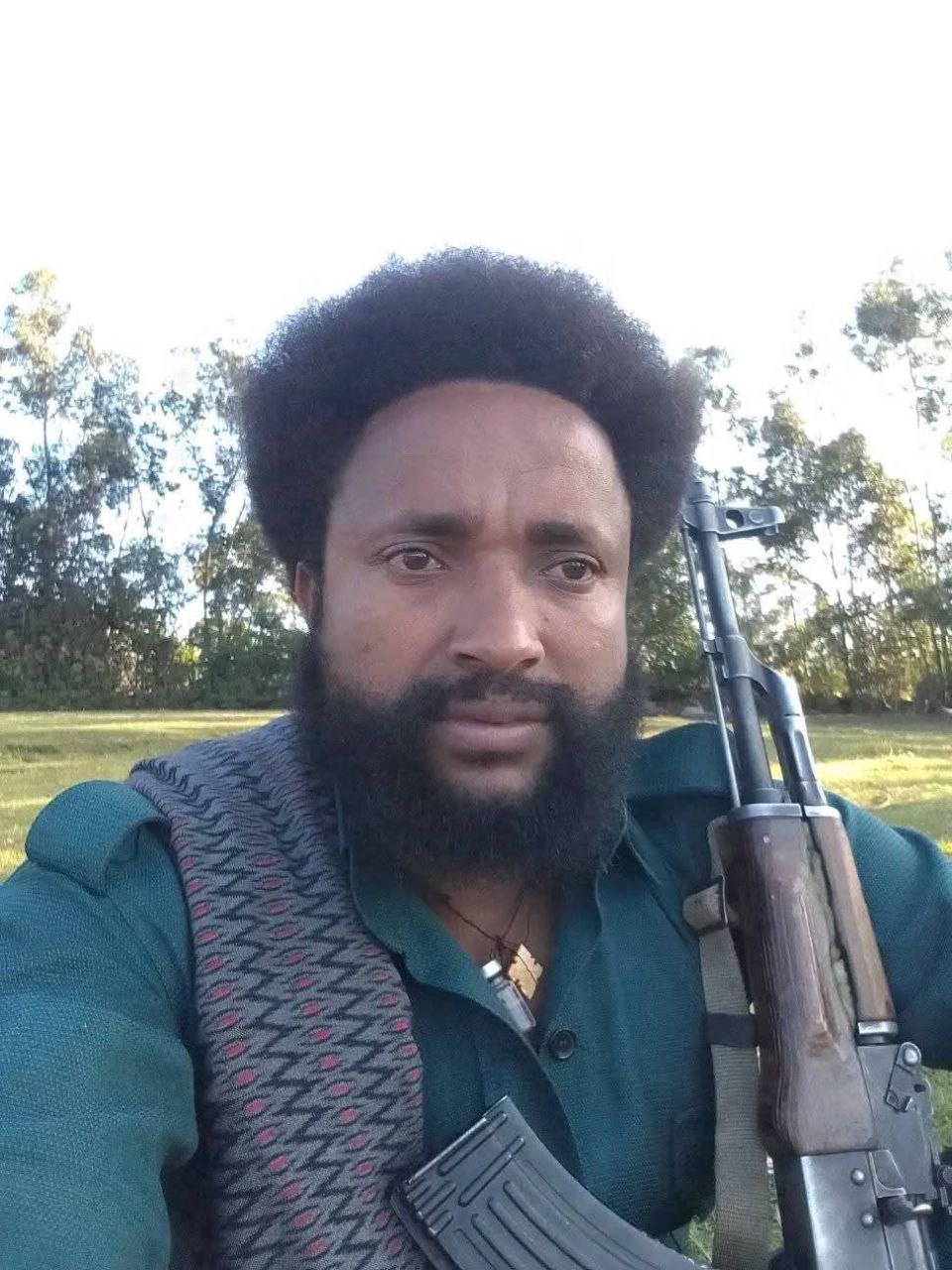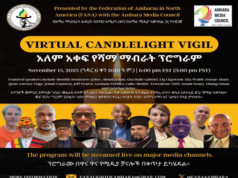We did a whole lot of things that were right, but we tortured some folks; we did some things that were contrary to our values. When we engaged in some of these enhanced interrogation techniques, techniques that I believe and I think any fair-minded person would believe were torture, we crossed a line. And that needs to be understood and accepted,” said President Obama at a press conference a couple of days ago.
President Obama offered his comments to blunt Congressional criticism following an inspector general’s report which concluded that the CIA improperly scanned the computers of Senate staffers looking into allegations of enhanced interrogation techniques by that agency. He cautioned Americans “not to feel too sanctimonious in retrospect about the tough job that those folks had.” In the same breath, he instructed, “The character of our country has to be measured in part, not by what we do when things are easy, but what we do when things are hard.”
The “torture” condemned by President Obama was initially launched under the auspices of former Vice President Dick Cheney, the architect of the “War on Terror” and enhanced interrogation. The Bush Administration denied “enhanced interrogation”, which included such techniques as waterboarding, sleep deprivation, sensory bombardment by noise and light, prolonged isolation and sexual humiliation, among others, is torture. Recently, Cheney said, “If I would have to do it all over again, I would.”
The President’s remarks on torture got me thinking about the torturers attending the “U.S.-Africa Leaders” Summit. On August 5-6, President Obama has invited to the White House the “finest” practitioners of torture, corruption experts and master criminals against humanity from Africa to talk business and American investments (not human rights or American values). Uhuru Kenyatta of Kenya, who is on trial with his deputy president William Ruto at the International Criminal Court on various counts of crimes against humanity, is expected to attend. The roster of invitees reads like a rogues’ gallery of certified human rights violators including Paul Biya of Cameroon, Blaise Compaore of Burkina Faso, Paul Kagame of Rwanda, Yoweri Museveni of Uganda, Teodoro Obiang Nguema Mbasogo of Equatorial Guinea, José Eduardo dos Santos of Angola, Idriss Deby of Chad and Yahya Jammeh of The Gambia. These wicked African criminals against humanity make the CIA’s practice of “enhanced interrogation techniques” look like a walk in the park.
Incredibly, President Obama calls these human rights scofflaws and crooks America’s “partners”. President Obama exhorted, “The character of our country has to be measured in part, not by what we do when things are easy, but what we do when things are hard.” But how do we “measure the character” of our President? By his lofty words and catchy phrases or his inactions “when things are hard” ? If the old saying that “one can judge a man by the quality of friends he keeps” is true, does it necessarily follow that one can also judge a man by the quality of the “partners” he keeps? When President Obama made “partners” of African criminals against humanity, did he “cross the line” between decency and sleaze? Should it not be “understood and accepted” that American values make no distinction between torturers in America and torturers in Africa?
I believe American business investments in Africa without morality breed only misery and thievery. An American economic investment policy in Africa that is not anchored in human rights will only accelerate the endemic corruption on the continent and deepen the despair and agony of Africans. President Obama should realize that it is wholly insufficient to invest in African banks, dams, mines, rail lines, hotels and bricks and mortars without a moral foundation. After all, America is not China. American values are not Chinese values. President Obama said, “I believe in American exceptionalism, just as I suspect that the Brits believe in British exceptionalism and the Greeks…” That exceptionalism is built on the American values of liberty, egalitarianism, individualism, republicanism, populism and laissez-faire economics.
Even Adam Smith, the “father” of capitalism understood the utmost importance of a moral foundation and continued education in creating and maintaining a just, fair and harmonious society in a free enterprise system. He called it “mutual sympathy”, something without which a society would degenerate into immorality and amorality. It is “mutual sympathy” that restrains and bridles the natural predation and avarice of the rich and powerful from ravaging the weak and powerless. In American business investments in Africa, the moral foundation of “mutual sympathy” is and should always be human rights. I lament the fact that Africa, the cradle of humanity, is today the graveyard of human rights.
Does President Obama “truly believe” in “American values”? Which American values has he “betrayed” in “partnering” with African dictators?
In his book, the Audacity of Hope: Thoughts on Reclaiming the American Dream”, then-Senator Obama wrote:
We hang on to our values, even if they seem at times tarnished and worn; even if, as a nation and in our own lives, we have betrayed them more often that we care to remember. What else is there to guide us? Those values are our inheritance, what makes us who we are as a people. And although we recognize that they are subject to challenge, can be poked and prodded and debunked and turned inside out by intellectuals and cultural critics, they have proven to be both surprisingly durable and surprisingly constant across classes, and races, and faiths, and generations. We can make claims on their behalf, so long as we understand that our values must be tested against fact and experience, so long as we recall that they demand deeds and not just words… If we aren’t willing to pay a price for our values, if we aren’t willing to make some sacrifices in order to realize them, then we should ask ourselves whether we truly believe in them at all.
I am not sure what President Obama means when he speaks of “American values” or “our values”. He never quite spells them out. It is hard to know on which values he wants us “to hang on”. Which values have “we” “inherited” or “betrayed”? Who has really betrayed American values: the “intellectuals and cultural critics” who “poke, prod and debunk” American values or the leaders who are not willing “to pay a price for our values”? What American values are we supposed to “test against fact and experience”? Can we “test against fact and experience” American values in Africa? For which values are we supposed to “pay a price” and make “sacrifices in order to realize them”? What American values do Americans “truly believe in”?
Is torture an American value?
In a rare instance, President Obama, speaking at the United Auto Workers Conference in February 2012, offered a glimpse of his conception of American values. “Let me tell you, I keep on hearing these same folks talk about values all the time. You want to talk about values? Hard work — that’s a value. (Applause.) Looking out for one another — that’s a value. The idea that we’re all in it together, and I’m my brother’s keeper and sister’s keeper — that’s a value.”
American values I “truly believe in”
Americans have many great cultural values that I value highly and “truly believe in”. A strong work ethic, altruism and giving a hand up to those who are down are definitely signature American values. I think there are many great American values the President glibly omitted in his stump-like speech. Americans place a high value on individual freedom and individualism, which simply means they believe in the uniqueness and paramountcy of the individual person. They value highly individual initiative, individual expression and individual privacy. They value equality and an open society. They value science and technology. They believe in competition (they have a “USA #1 mentality”). They value and practice volunteerism and philanthropy. They believe in pragmatism and are achievement-oriented. They are frank, open, and direct in their dealings. I “truly believe” in these values.
However, there are other American values I believe in even more and am “willing to make some sacrifices in order to realize them.” The most important one is the rule of law. It simply means that law should govern a nation, not politicians. To paraphrase President Dwight D. Eisenhower, “The clearest way to show what the rule of law means to Americans in everyday life is to recall what is happening in much of Africa today where there is no rule of law.” I became a constitutional lawyer because I have an unshakable belief in the rule of law.
I am “willing to make some sacrifices in order to realize”, defend and protect the American values of freedom of speech, and of the press, the right of the people peaceably to assemble and to petition the Government for a redress of grievances, freedom from unreasonable searches and seizures, the right to counsel and against self-incrimination and so on. I “truly believe in” due process, the principle that before government takes a person’s life, liberty or property, it must comply with fair procedures and be guided by fundamental American values of fairness: The accused is presumed innocent until the government proves the accused’s guilt. The government bears the entire burden of proving the accused’s guilt beyond a reasonable doubt. The government may not interrogate a criminal suspect without informing the suspect of his/her right to remain silent and right to counsel during custodial interrogations, and so on.
I am also “willing to make some sacrifices in order to realize” the American values of representative government, limited government and federalism. I believe in a system of government where “ambition is made to counteract ambition”, there is constitutional separation of powers so that there is not a dangerous concentration of power in the hands of one individual or branch of government. I believe in a system of government where there are checks and balances with an independent judiciary as the backbone of that system. I believe in a federal form of government that clearly delineates the powers of the national and sub-national governments. In short, I have a worldview founded on the values of liberty, equality and human rights; and I am “willing to make some sacrifices in order to realize” them. .
Is it possible to form a “partnership” with African dictators if one “truly believes in” American values?
Over the past six years, we have heard a lot of talk about American values and many promises on human rights in Africa from President Obama and his Administration. “We will work diligently with Ethiopia to ensure that strengthened democratic institutions and open political dialogue become a reality for the Ethiopian people… We will work for the release of jailed scholars, activists, and opposition party leaders… We align ourselves with men and women around the world who struggle for the right to speak their minds, to choose their leaders, and to be treated with dignity and respect…. Africa’s future belongs to its young people… We’re going to keep helping empower African youth… Africa doesn’t need strongmen, it needs strong institutions. We support strong and sustainable democratic governments…. America will be more responsible in extending our hand. Aid is not an end in itself… [Dictatorship] is not democracy, [it] is tyranny, and now is the time for it to end… America is watching…” All empty promises and cheap talk.
Edmund Burke, the British statesman and philosopher said, “Hypocrisy can afford to be magnificent in its promises, for never intending to go beyond promise, it costs nothing.” Talk of magnificent American values costs nothing to those who talk the talk and never have to walk the talk. However, talk of magnificent American values exacts an exorbitant price on those who listen to the talk and harbor deep in their hearts the audacity of hope that they will one day see those talking the talk in America walking the talk in Africa.
In the global “war on terrorism”, it may be necessary for the U.S. to partner with state terrorists. As between terrorists and state terrorists, state terrorists may be the lesser of two (d)evils for the Obama Administration. It is true that the politics of “anti-terrorism” has made for strange bedfellows of U.S. and African leaders. Having said that, I am exasperated watching the American people being flimflammed into believing that their tax dollars are supporting American values in Africa. I get completely bummed out watching hard-earned American tax dollars bankrolling ruthless and cunning African dictators who laugh straight to the bank to deposit their American tax dollars. But when I think about those miserable African-leaders-cum-panhandlers “enfolded in the purple of Emperors” making a beeline at the White House rubbing their palms and grinning ear to ear ready to pick up their foreign aid welfare checks in a couple of days, I just plain get pissed off!!!
“If we aren’t willing to pay a price for our values, if we aren’t willing to make some sacrifices in order to realize them, then we should ask ourselves whether we truly believe in them at all.” Senator Barack Obama.
“When the United States stands up for human rights, by example at home and by effort abroad, we align ourselves with men and women around the world who struggle for the right to speak their minds, to choose their leaders, and to be treated with dignity and respect. We also strengthen our security and well being, because the abuse of human rights can feed many of the global dangers that we confront — from armed conflict and humanitarian crises, to corruption and the spread of ideologies that promote hatred and violence.” President Barack Obama.
=================
Professor Alemayehu G. Mariam teaches political science at California State University, San Bernardino and is a practicing defense lawyer.
Previous commentaries by the author are available at:
http://open.salon.com/blog/almariam/
www.huffingtonpost.com/alemayehu-g-mariam/



























